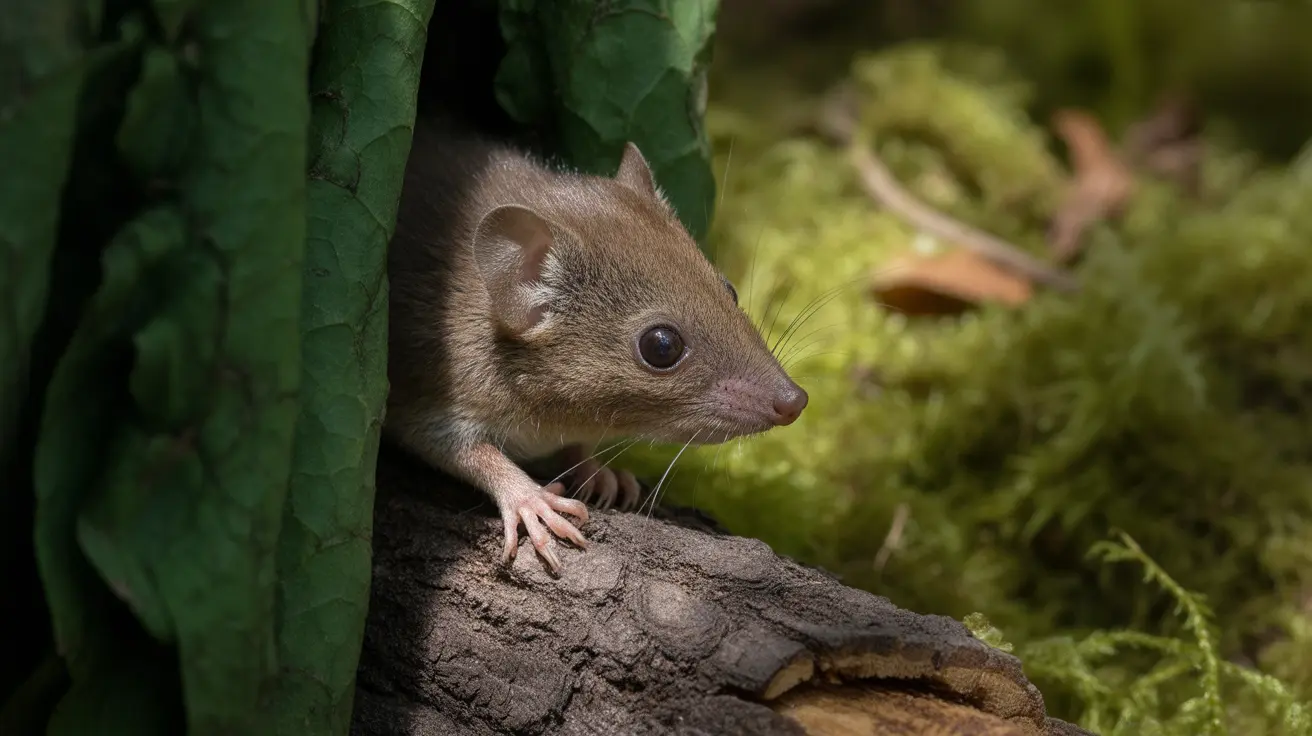Is Hibiscus Safe for Dogs? Understanding the Risks and Realities
Hibiscus plants add vibrant color to gardens, but if you share your home with a dog, you might wonder: Is hibiscus safe for dogs? The answer isn't black and white. While many hibiscus species pose little danger, some can cause unpleasant symptoms—especially if your dog is curious or prone to nibbling on plants.
The Many Faces of Hibiscus
There are over 200 different species of hibiscus. Not all are equally risky for pets. The Rose of Sharon (Hibiscus syriacus), sometimes called the rose of China, is one of the most common varieties found in gardens. According to the ASPCA, this particular species is listed as non-toxic to dogs, cats, and horses. However, reports differ: some sources mention that even non-toxic varieties may cause mild gastrointestinal upset after ingestion.
What Happens If a Dog Eats Hibiscus?
If your dog chews on or swallows hibiscus flowers or leaves, you might notice symptoms related to their digestive tract. These can include:
- Vomiting
- Diarrhea (sometimes severe or bloody)
- Excessive drooling
- Loss of appetite
- Abdominal pain
- Nausea
- Lethargy
In most cases where only a small amount is eaten, dogs experience mild digestive upset and recover fully within a day or two. But if your dog eats a large quantity—or if they're very small or sensitive—the symptoms can be more intense. Severe diarrhea or vomiting can lead to dehydration, which is dangerous if untreated.
The Roots: A Special Case
The roots of hibiscus plants deserve special mention. They may contain higher concentrations of irritating compounds like saponins. Chewing on roots can lead to oral irritation, blisters, and swelling in the mouth—symptoms that are more uncomfortable than dangerous but still warrant attention.
Toxicity Factors: Amount, Species, and Sensitivity
The risk depends on several factors:
- Species: Most garden varieties in North America aren't highly toxic.
- Amount consumed: Small nibbles usually cause only mild issues; larger amounts increase risk.
- Your dog's sensitivity: Some dogs have allergies or unique reactions.
If your dog eats a lot of hibiscus or shows signs like persistent vomiting, diarrhea (especially with blood), extreme lethargy, or dehydration (sticky gums, pale gums, weakness), seek veterinary care promptly.
Treatment and What To Expect at the Vet
If you visit the vet because your dog ate hibiscus and is sick, treatment might include:
- Inducing vomiting (in some cases)
- Administering activated charcoal to absorb toxins
- Providing intravenous fluids to prevent/treat dehydration
- Supportive care for stomach upset
Your vet will tailor treatment based on how much was eaten and how sick your dog appears.
Chemicals: A Hidden Danger
The plant itself isn't always the only concern. Hibiscus (like any garden plant) may have been treated with pesticides or herbicides. If your pet eats any plant that's been sprayed with chemicals—or if you're not sure what kind of plant it is—call your vet right away.
How Common Is Serious Poisoning?
Significant toxicity from hibiscus is uncommon in home gardens. Most incidents result in nothing more than an upset stomach unless large amounts are consumed or the dog has an allergy. Still, don't let your guard down: even "safe" plants can cause problems for certain animals.
Prevention: Keeping Dogs Safe Around Plants
- Keep potentially toxic plants out of reach.
- Avoid relying on your dog's self-control.
- Supervise pets in gardens with unknown species.
- Avoid using pesticides/herbicides where pets roam.
If you're unsure about a particular plant's safety—or if you can't identify it—err on the side of caution and keep it away from curious noses and mouths.
A Quick Comparison: Hibiscus vs Other Garden Plants
- Lesser risk: Hibiscus (most species), minor digestive upset possible.
- Greater risk: Oleander, sago palm—these can be deadly even in small amounts!
The Bottom Line: Should You Worry?
If your dog eats a small amount of hibiscus flower or leaf and seems fine aside from a little tummy trouble, monitor them closely—they'll likely recover quickly. But if they eat a lot or show severe symptoms (repeated vomiting/diarrhea, blood in stool/vomit), get veterinary help right away. And always keep unknown or chemically treated plants away from pets just to be safe.





